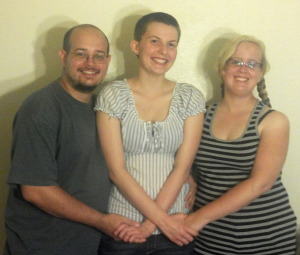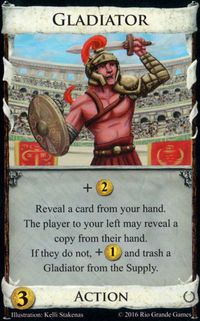
Image Description: a hand places disability label cards onto illustrations of children. Still taken from video in post.
Yesterday, on Twitter someone shared this video and asked me for my thoughts.
Video description: A mostly unnarrated video in which a pair of hands puts labels on illustrated jars like jam, peaches, pickles etc. Then the hands start labelling drawings of children with intellectual disability, gifted, autism, learning disability, ADHD, Tourettes, cerebral palsy and Down Syndrome. The video ends telling the viewer that labels are for jars.
I think talking about my feelings on this needs a wider audience than the one on one exchange I had on Twitter.
I actually completely disagree with the entire video. I think it is important to give children the words to understand and describe their own experiences and that it is also important to teach nondisabled children about disability in a normalized way. I have written before about the impact of not being given the tools to talk about my experience as a disabled person.
Part of the problem of the “labels are for jars” argument is that it inextricably links the label with diagnosis and pathology. It completely ignores the possibility that the label can be part of a disabled identity.
It depends on the idea that disability is defined entirely in medical terms. That as soon as you’ve given a diagnosis and maybe described a few of the characteristics of that diagnosis that you’ve put that person into a box.
It completely ignores the reality of the disabled experience. Experience, that may be impacted by a specific diagnosis. An experience that very likely expands well beyond it.
Not giving children the words to understand their lives is not only a disservice, it’s straight up Orwellian.
Ignoring a child’s disability in the false hope that it will reinforce some kind of normalization is just an adoption of doublespeak. If we ignore reality, then maybe people will just stop bullying and discriminating against disabled people.
In reality, it only serves to further ostracize disabled children because it teaches them they are different and talking about that difference is wrong. It’s trying to solve the problem of discrimination by having the disabled child internalize their oppression and keep silent.
It infuriates me when parents or medical professionals recommend that children not be told about their disabilities in some misguided belief that this will gift the child with a normal childhood. It won’t.
Children aren’t waiting for a label before they decide to bully a peer. While language can be used to marginalize it is not the source of the stigma. Erasing language will not erase the oppression.
I grew up without a diagnosis for my autism. The lack of the label did not stop my classmates from bullying me so brutally that I changed schools, only to find new bullies at the next school.
When I finally got my diagnosis it was liberating. Finally, I understood my experiences. I had a frame of reference to understand why I behaved the way I did and why people reacted to me the way they did.
Having that diagnosis earlier wouldn’t have saved me from the bullies but it would have saved me from the added pain of not understanding why.
Not learning to talk about my disabilities also left me at a disadvantage when I was put in situations where acknowledging them was important. Because no one talked about my being disabled, no one considered how to accommodate me. I didn’t even realize that I had the right to be accommodated.
The erasure of language doesn’t just impact disabled kids. It impacts their nondisabled peers. It teaches them that disability is a dirty word and justifies prejudices against people who have been labelled. And kids will be labelled regardless of the omission of diagnosis. It just means that the labels will be insults and slurs.
Kids are best served by being taught accurate, respectful language. Disability should be normalized not by trying to create a false framework where the disabled children are just like their nondisabled peers. This utterly ignores the very real differences in experience.
Normalize disability by acknowledging it and by respecting the realities of disabled kids. Model inclusivity and accommodation. These things cannot be done if you haven’t even taught the children how to express their realities and ask for the things they need.
Teach kids how to talk about disability
Empower disabled kids to understand and talk about their lived experiences.
Teach nondisabled kids that disability isn’t something to be ignored or overlooked.
Language and identity are complicated and children, as they mature and grow may decide for a variety of reasons that they don’t like or identify with a certain label. These language preferences should be respected but I would like to see a world where a label isn’t rejected because a child has internalized stigma and prejudice and believes being associated with it makes them less.
Give kids words. Language empowers. Denying kids words is erasure.
Remember that sometimes words aren’t just labels. Sometimes they are identities.
If you liked this post and want to support my continued writing please consider buying me a metaphorical coffee (or two or more). Donations help me keep this blog going and support my ongoing efforts to obtain a PhD.






